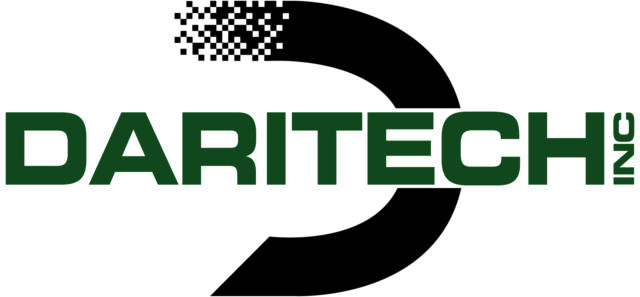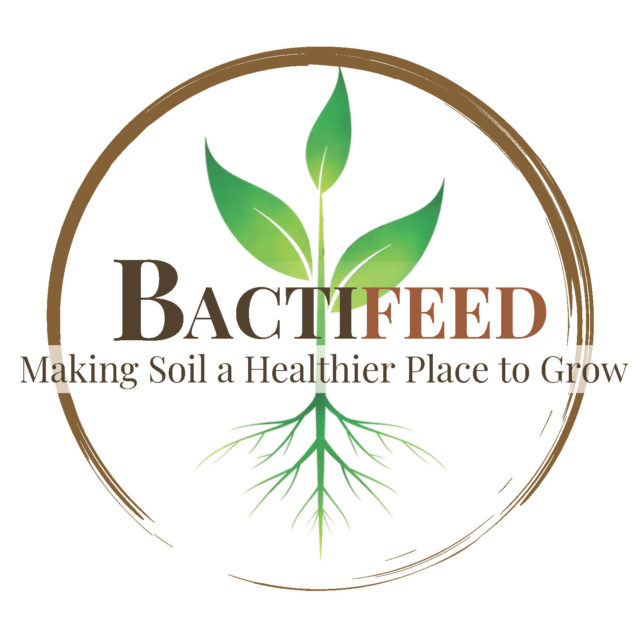Making brown the new green is the goal of brothers Matthew and Ben Freund of Colebrook, Connecticut, with their successful new invention, CowPots. The biodegradable plant pots are made from manure solids generated from the Freunds’ methane digester, which was built in 1997.
Already a hit in 27 states nationwide, CowPots is only in its first year of an official marketing campaign. Matthew Freund contributes much of the new product’s publicity to the television show, “Dirty Jobs with Mike Rowe.” The episode, titled “Poo Pot Maker,” originally aired in January 2007 on the Discovery Channel. Since then, Freund says the episode has been played more than 100 times on cable television.
Freund said, “We started having people call from Florida. They saw the episode and wanted to know where they could find CowPots.”
In addition to “Dirty Jobs,” the Freunds and their product have been featured on the “Larry King Show,” the “Today Show,” NBC News and CBS News as well as numerous radio stations.
Proof in the pudding
Although the invention may seem like an overnight success, Freund said he and his brother endured many “trials and tribulations” before they found a process that worked. The end result is a product that accommodates a plant for months in a greenhouse but disintegrates in the soil about four weeks after being planted.
Freund said, “Our pot doesn’t kill the plants like some other dissolvable pots. It actually promotes growth.”
He said another advantage is that CowPots are knocking out three issues at once: non-recyclable plastics, dependence on foreign oil and municipal waste.
The majority of the growing pots are sold in the New England area, but Freund said another large market is the California and Oregon area. CowPots usually come in sets of 12 and are being sold for between 45 and 50 cents a piece. The product is currently advertised in 10 catalog companies, but Freund hopes to build upon this number. He is also working with distributors in order to have the product in all 50 states.
Freund said, “This is really our test market year. The proof is in the pudding.”
The manure makers
The manure comes from the Freunds’ 260-head herd of Holsteins, which are on pasture for five and a half months a year. The Freunds ship the milk to Agri-Mark, the largest dairy cooperative in the New England area, which receives milk from more than 1,300 of the region’s dairy farms. The brothers also crop about 600 acres, mostly in corn.
The farm is “environmentally friendly” in other ways. The brothers invested more than a million dollars into improvements such as an enhanced water conservation system in their milkhouse, more energy-efficient lighting in the barn and upgraded cow lanes between pastures. They are also involved with a conservation land program as well as a forestry stewardship plan and have been honored with many soil conservation awards.
Freund said, “Basically, we look at every possible scenario, and we try to do as much as possible. We’re not organic, but we have that mindset of protecting the environment.”
In addition to the dairy and the CowPots factory, the Freunds also run a bakery and greenhouse operation. The Freunds have taken advantage of the fact that the number one farm commodity in Connecticut, as well as throughout most of the New England area, are greenhouses.
In order to keep all of their businesses running smoothly, the Freunds rely on a dedicated staff. They employ nine people to run the factory, six workers on the dairy and 10 employees at the bakery and greenhouse. Many of these employees are willing to be shuffled around to provide extra help during each business’ “busy season.”
Always room for expansion
According to Freund, there are more than a billion pots produced annually in the U.S. Freund views this number not as opposition to his business, but as an opportunity. The Freunds are currently working with their state legislature to use funds set aside for “green energy” purposes in order to finance the construction of a community digester.
Freund said, “We want all of the farmers in our area to be able to make money on CowPots.” He feels the market for the growing pots is large enough and would give his neighbors the ability to utilize the excess manure on their farms.
Freund said that creating products from manure does not stop at their product.
He said, “As far as I know, we were the first to make these pots, but there’s lots of other people out there doing things with their manure solids.” Many producers utilize their solids for bedding and he knows of some farmers who have even started marketing manure figurines shaped into the likeness of celebrities. Freund feels the concept of “playing around” with manure solids is a win-win situation for farmers.
He said, “We’re protecting the environment and making more money doing it. We’re turning brown into the new green.” To read more about CowPots, visit the Freunds’ website at: http://www.cowpots.com/. ANM





